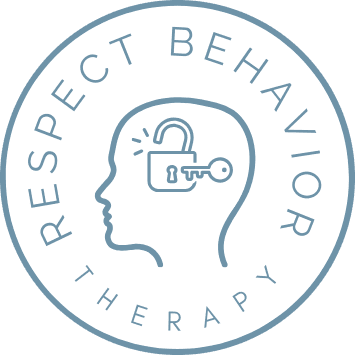Psychological Evaluation, ABA Assessment, and Psychosocial Assessment: An Intellectual Exploration

Navigating the intricate landscape of assessments within the mental health and behavioral sciences can be a complex endeavor. The differentiation between psychological evaluations, Applied Behavior Analysis (ABA) assessments, and psychosocial assessments often leads to confusion and misunderstanding. This blog post aims to provide an educational and intellectual exploration of these three distinct approaches.
1. Psychological Evaluation
A psychological evaluation is a broad and comprehensive assessment used to understand an individual's mental and emotional functioning.
Key Components:
Clinical Interviews: To explore symptoms, history, and presenting concerns.
Standardized Testing: Including intelligence, personality, and neuropsychological tests.
Observation and Collateral Information: Observing behaviors and gathering information from family, teachers, or other sources.
Primary Focus:
- Diagnosing mental health disorders.
- Assessing cognitive, emotional, and personality functioning.
- Guiding treatment planning.
2. ABA Assessment
ABA Assessment is rooted in the principles of Applied Behavior Analysis. It's a targeted examination to understand specific behaviors, particularly in individuals with developmental disorders such as autism.
Key Components:
Functional Behavioral Analysis: Identifying the triggers, consequences, and functions of specific behaviors.
Direct Observation: Watching and recording behavior in the environment where it naturally occurs.
Data Collection: Gathering quantitative data on the frequency, intensity, and duration of behaviors.
Primary Focus:
- Understanding why specific behaviors occur.
- Developing individualized intervention plans to modify behavior.
- Monitoring progress and adjusting interventions as needed.
3. Psychosocial Assessment
A psychosocial assessment takes a holistic view, focusing on the interplay between psychological factors and the social environment.
Key Components:
Interviews: Exploring personal history, family dynamics, social support, and environmental factors.
Observation: Understanding how an individual interacts with their social environment.
Review of Social Context: Assessing cultural, economic, educational, and occupational factors.
Primary Focus:
- Understanding the broader social and environmental influences on mental and emotional well-being.
- Guiding interventions that might include community resources, family therapy, or social support.
Conclusion: Three Perspectives, One Goal
While psychological evaluations, ABA assessments, and psychosocial assessments each have unique methodologies and focal points, they share a common goal of understanding human behavior and guiding effective interventions.
Psychological Evaluations provide a comprehensive view of mental and emotional health.
ABA Assessments offer a targeted approach to understanding and modifying specific behaviors.
Psychosocial Assessments explore the intricate interplay between individual psychology and the social environment.Understanding these differences is not just an academic exercise; it’s vital for clinicians, educators, parents, and anyone invested in the multifaceted world of human behavior and mental health. The choice between these assessments must be guided by the unique needs and context of each individual, ensuring that the right tools are used to unlock the pathways to healing, growth, and understanding.
